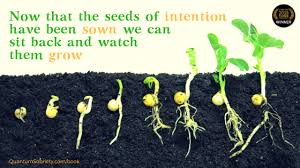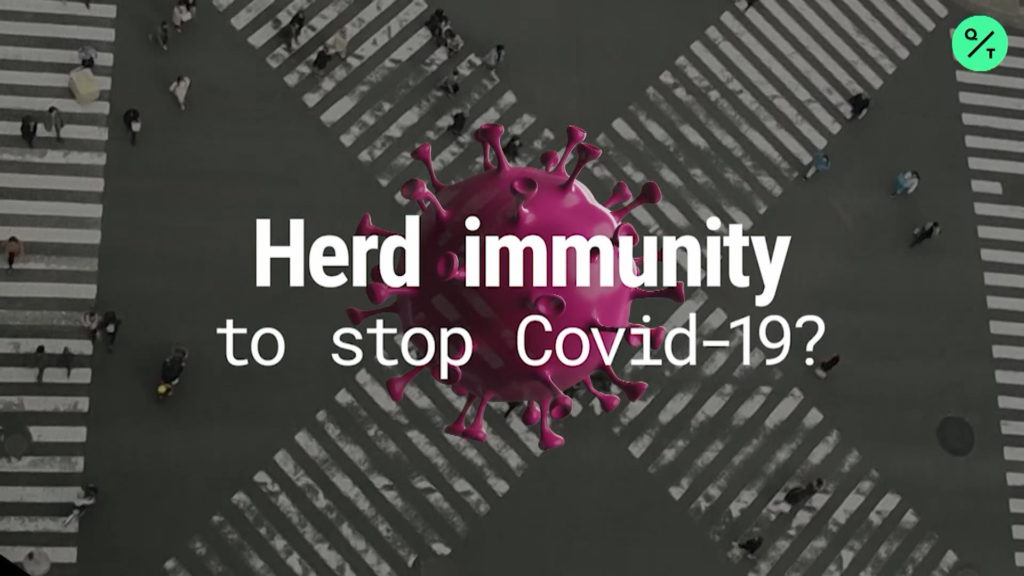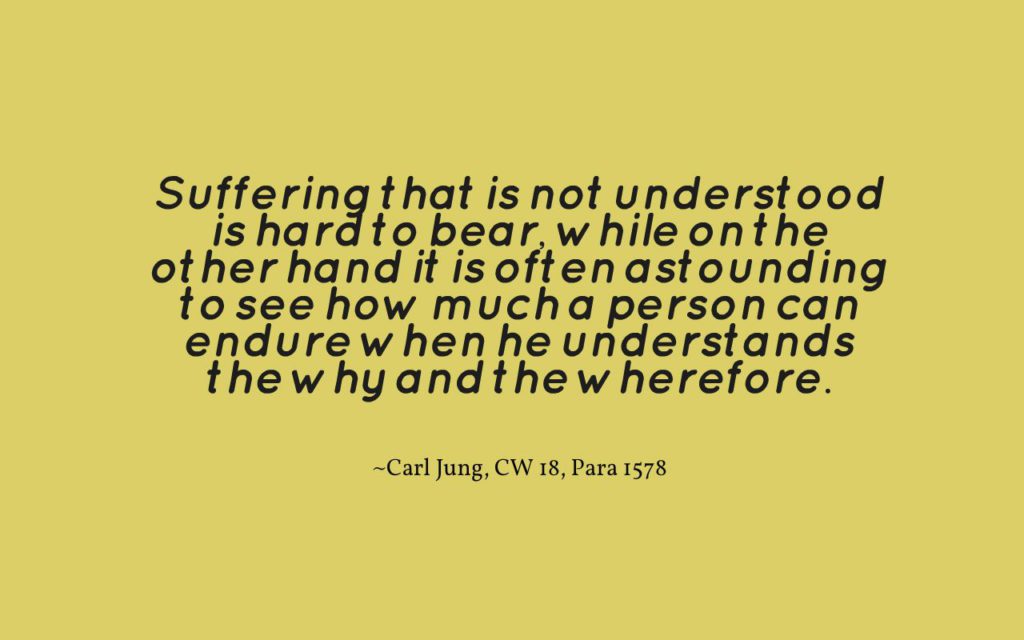Listened to the song? Do you like it?
Nat King Cole (March 17, 1919 – February 15, 1965), was an American singer and jazz pianist. He recorded over one hundred songs that became hits on the pop charts. He also acted in films and on television and performed on Broadway. He was the first African-American man to host an American television series. He was the father of singer/songwriter Natalie Cole (1950-2015).
Do you know who was the composer?
Chaplin was! Smile is a song based on an instrumental theme used in the soundtrack for Charlie Chaplin’s 1936 movie Modern Times. Chaplin composed the music, inspired by Puccini‘s Tosca. John Turner and Geoffrey Parsons added the lyrics and title in 1954. In the lyrics, based on lines and themes from the film, the singer is telling the listener to cheer up and that there is always a bright tomorrow, just as long as they smile.
Okay! So smile and let’s work on it!
1. Circle the -ing verbs you hear in the poem
| aching | giggling | helping | breaking | pouring |
| shining | moving | trying | stopping | crying |
2. Choose the correct word
Smile though your heart/head is aching
Smile/Laugh even though it’s breaking
When there are fogs/clouds in the sky, you’ll survive/get by
If you smile through your panic/fear and sorrow/ grief
Smile and perhaps/maybe tomorrow
You’ll see the stars/sun come shining through for you
3. Fill in the missing words
Light up your face with ____________
Hide every trace of ____________
Although a _________ may be ever so _________
That’s the _________ you must _________ on trying
Smile, what’s the _________ of crying?
You’ll _________ that _________ is still worthwhile
If you _________ smile
4. Find the synonym in the song
| happiness |
| weeping |
| to continue |
| worthy |
| blues |
| to grin |
5. Match the verbs to their definitions
a. to cry – b. to smile – c. to get by – d. to shine through – e. to light up – f. to hide
| something is strong and easy to see | |
| to not show an emotion | |
| to weep; shed tears, with or without sound | |
| to look happy | |
| to make a happy or friendly expression in which the corners of your mouth curve up | |
| to be able to live or deal with a situation with difficulty |
6. Now look at this image! How would you say that in English?








